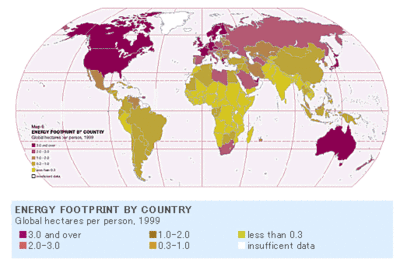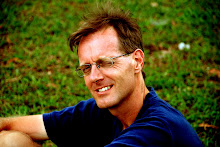RECENTLY I WAS talking with Kay Dunbar, the founder of Ways with Words, a literary festival which takes place every year at Dartington, UK. Kay said, "In urban and industrial civilisations people are increasingy losing Eco-intelligence." The moment I heard the word 'Eco- intelligence' it rang a bell. We belong to a living Earth in an intelligent universe. Intelligence is not a human monopoly. The universe is made of intelligence and consciousness. Planet Earth is a self-organising, self-managing and self-correcting living organism. Wherever there is life there is intelligence and consciousness. Eco-intelligence means the eco-system is an intelligent system.
Humans are intelligent, but people in urban and industrial societies are mostly living in human-made, technological and artificial environments: air-conditioned homes, cars and offices hold us within a cocoon which is disconnected from the eco-system and the natural world. Young people in our schools can recognise more than fifty logos of business corporations, but if you take them into the woods, very few will be able to name ten varieties of tree - not to mention insects and other creatures. We cannot read the book of Nature. Knowledge of the natural world is mostly obtained from TV channels. People are afraid of cold, heat, rain, snow, thunder, lightning, and the roar of wild animals. This disconnection and alienation from the biosphere leads to severe intelligence deficiency. The great universities of the world are full of people who have technological and academic knowledge but are ignorant of the real world. Universities are no longer the centres of intelligence and knowledge - they have become the citadels of ignorance. They need eco-literacy and eco-intelligence.
http://www.resurgence.org/2005/kumar232.htm








